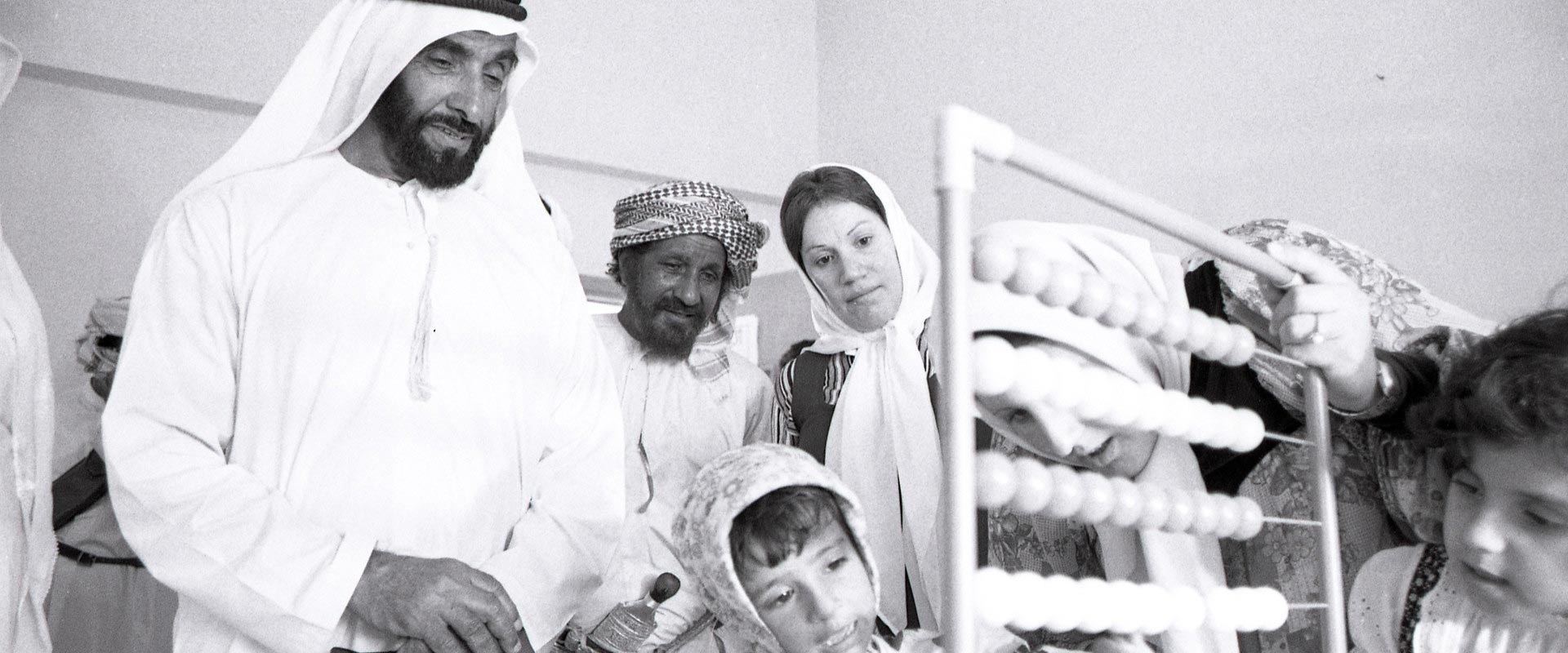
Sheikh Zayed bin Sultan Al Nahyan, the founding father of the United Arab Emirates, was a visionary leader whose impact extended far beyond the borders of his nation. Known for his wisdom, generosity, and forward-thinking leadership, Sheikh Zayed played a pivotal role in transforming the UAE from a collection of small, disparate emirates into a prosperous and unified country. His commitment to modernization, environmental conservation, and social welfare left an indelible mark, shaping the UAE into a global hub of innovation and tolerance. Sheikh Zayed’s legacy continues to inspire admiration and respect worldwide, reflecting his enduring influence on both his nation and the broader Middle East region.
Sheikh Zayed bin Sultan al-Nahyan was born in 1918 (according to other sources in 1916) in Abu Dhabi in the family of Sheikh Sultan bin Zayed, the ruler of this region. In 1927, he moved to Al Ain from Qasr Al Hosn, a family seat and his birthplace. There, he was taught the basics of Islam to live as a righteous Muslim. These lessons firmly guided Sheikh Zayed throughout his life, as he lived and later ruled in accordance with the commandments of Allah.
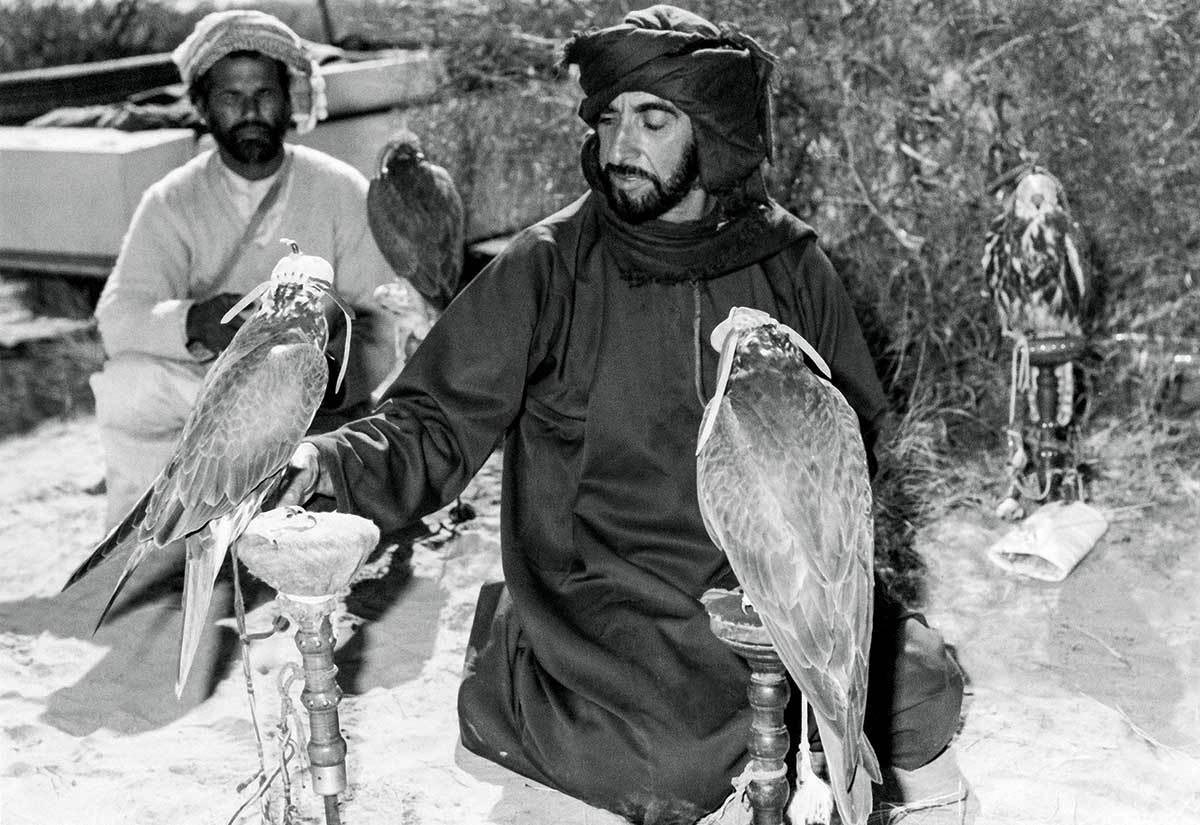
In addition, young Sheikh Zayed spent a lot of time with the Bedouins, from whom he mastered falconry, archery, as well as camel and horse riding. Zayed lived among ordinary people, delved into their daily lives and showed a sense of empathy for everyone with whom he lived constantly or spoke in passing.
The state, ruled by Sheikh Zayed Bin Sultan Al-Nahyan, was just about to appear on the world map. At the time of Sheikh Zayed’s childhood, there was so-called Trucial States (Dubai, Abu Dhabi, Sharjah, Ajman, Umm Al Quwain, Fujairah and Ras Al Khaimah), which were a British protectorate. The Emirates within the protectorate were independent units and had their own rulers.
Sheikh Zayed bin Sultan al-Nahyan’s path to power began with the representation of his brother sheikh Shahbut bin Sultan al-Nahyan in the Eastern region of Abu Dhabi. His main principle was a closeness to the people. He did not hesitate to travel to the region entrusted to him in order to personally get acquainted with the concerns and requests of local citizens. After such meetings, he analyzed all the named problems, drew up a reform plan and personally supervised their implementation, so that all the details were understood and executed correctly. Here his childhood hobbies came in handy. The Bedouins knew that their traditions were important and respected by the ruler, so they did not create problems for him. His attention to the population was known not only in Abu Dhabi but also in other emirates of the Trucial States. People began to treat him with great respect. Even visiting British agents and scholars commented on his hospitality and friendliness, but at the same time, priority was given to the needs of his people.
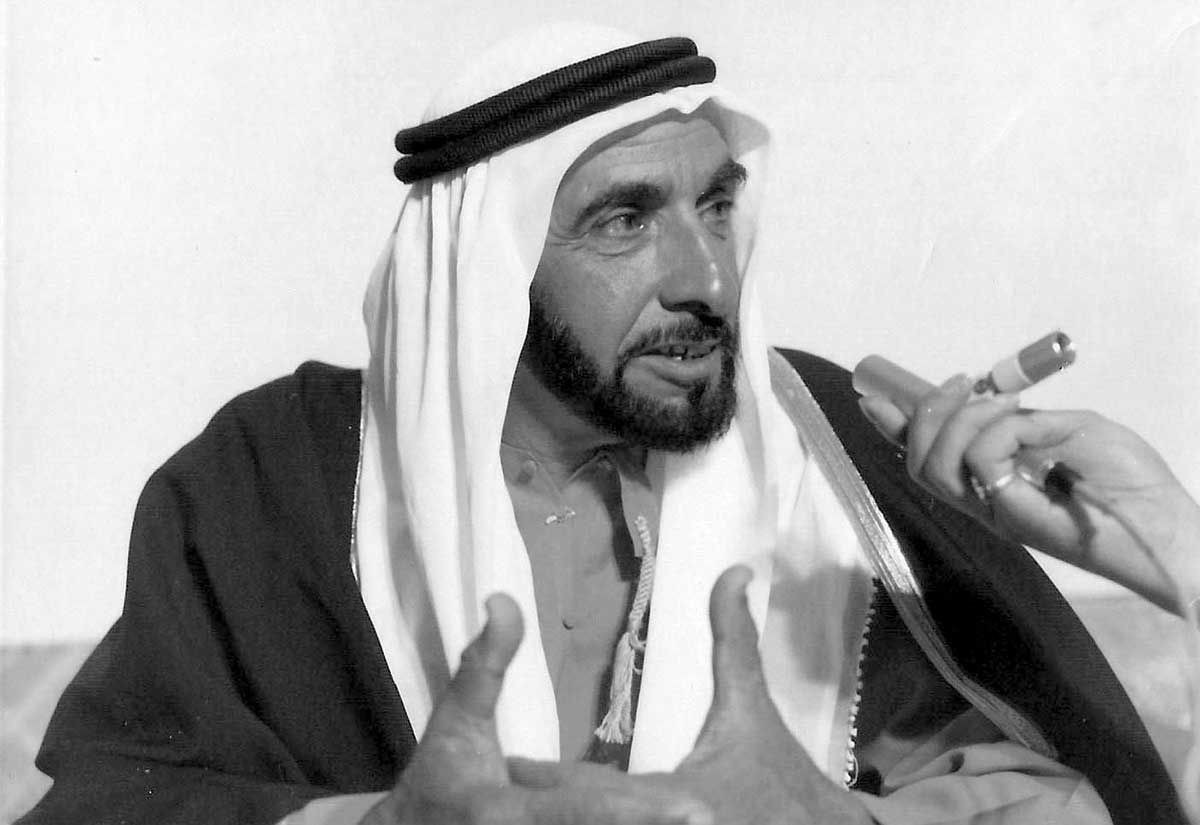
These features of his manifested in 1952 when Saudi Arabia claimed a part of the disputed territory, which turned out to be rich in oil reserves. Without getting involved in an open conflict, sheikh Zayed expressed his disagreement with the claim, since the land belonged to his people, and, therefore, the benefits given by this land too. Later, together with his brother, he defended the interests of the region in a Geneva court. The result was the strengthening of the British protectorate in this area, which allowed Sheikh Zayed to implement water reform. His success contrasted with the general trends in Abu Dhabi, so very soon Sheikh Zayed himself became a ruler of the Emirate. Thus, Sheikh Zayed Bin Sultan al-Nahyan extended his beneficial influence to the whole of Abu Dhabi, made education and medicine available to all.
In 1968 Great Britain decided to leave the Arabian Gulf, respectively, the protectorate treaty was cancelled. The treaty states faced the threat of external attacks since everyone understood that they were, at a time, not used to defending themselves on their own. To protect his people, sheikh Zayed began active diplomatic actions towards other emirates. First of all, he negotiated and formed an alliance with the ruler of Dubai. His plans included the unification of all the former Treaty states into a single state with a federal government structure. Negotiations with the rest of the emirates cannot be called simple, but thanks to the talent in diplomacy and the already formed image of a just ruler, the states agreed to form the United Arab Emirates, and Sheikh Zayed bin Sultan al-Nahyan was elected their president. He also proposed the unification of Qatar and Bahrain, but they declared their independence, in connection with which Sheikh Zayed did not insist.
More about the formation of the United Arab Emirates in our earlier article.
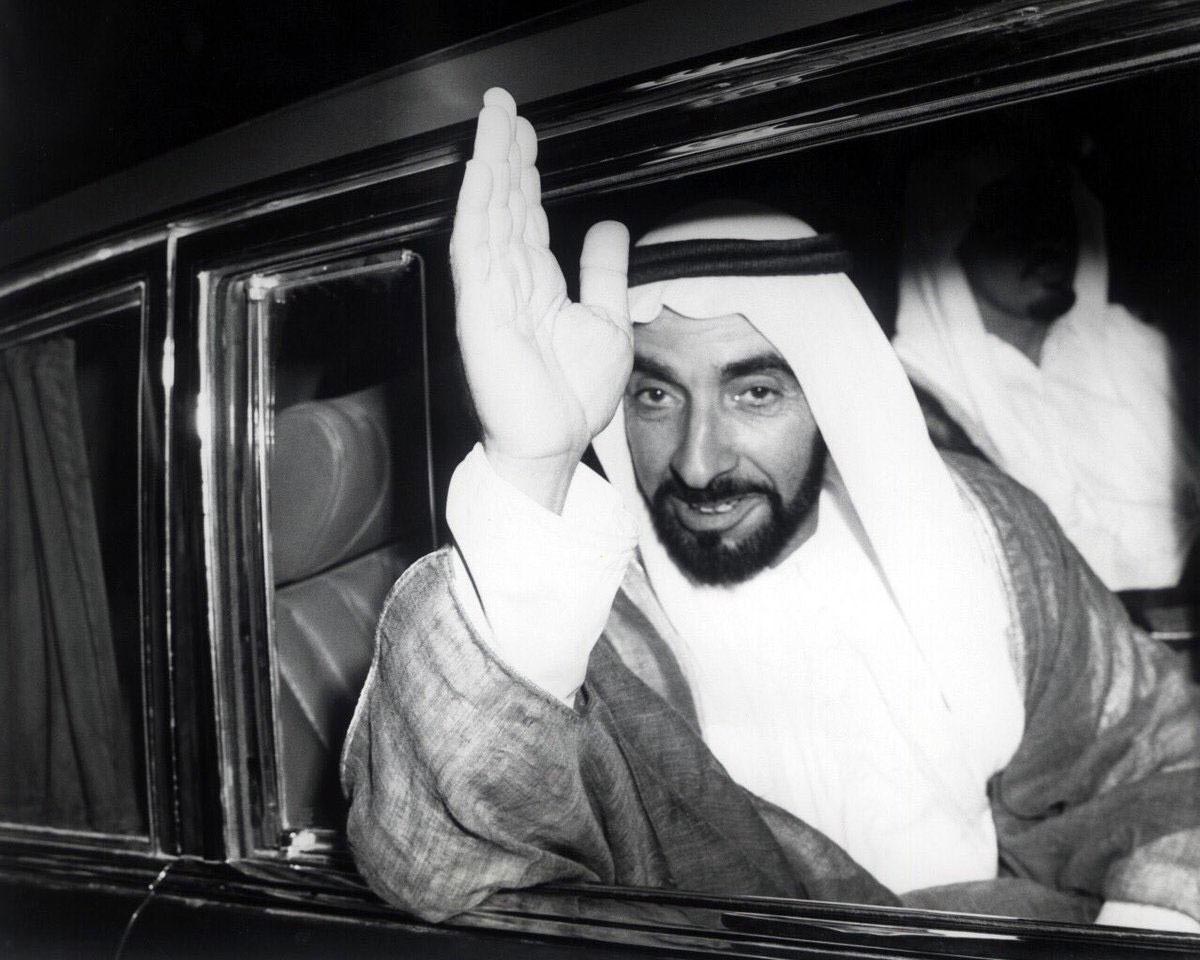
Sheikh Zayed immediately began building a new state in the literal and figurative sense of the word. He invited Japanese and European architects to design cities, and he created a constitution for internal political strengthening. He decided to use the proceeds from the sale of oil for the benefit of citizens and developed free education and medicine throughout the state, he also invested in the development of cultural heritage. He allowed free media, specifying that each publication should independently censor its own media. Sheikh Zayed believed that the most acceptable form of government is direct democracy, and for this, every citizen must be given the opportunity to be heard. The ruler was never afraid to enter into polemics and did not hesitate to admit that he was wrong if the opponent’s arguments were fair. Many criticized him for being excessively liberal, but he was re-elected president of the UAE four more times, which proves the correctness of his approach.
In addition to his own state, Sheikh Zayed Bin Sultan al-Nahyan was concerned about the welfare of all the countries of the Arabian Gulf. it was on his initiative that the Gulf Cooperation Council was founded. The goal of this organization is to maintain a similar economy, support Muslim countries and preserve their heritage and culture. Among his charitable projects, one can single out the creation of the Arab Economic Development Fund, which meant material assistance to countries with weak economies. Sheikh Zayed himself often made large donations to the countries of the Arab world for worthy projects. At the same time, it is worth noting that at first he achieved prosperity in his country, and only then decided to share the wealth with his neighbours, since he believed that oil revenues should belong to the citizens, and not to the government.
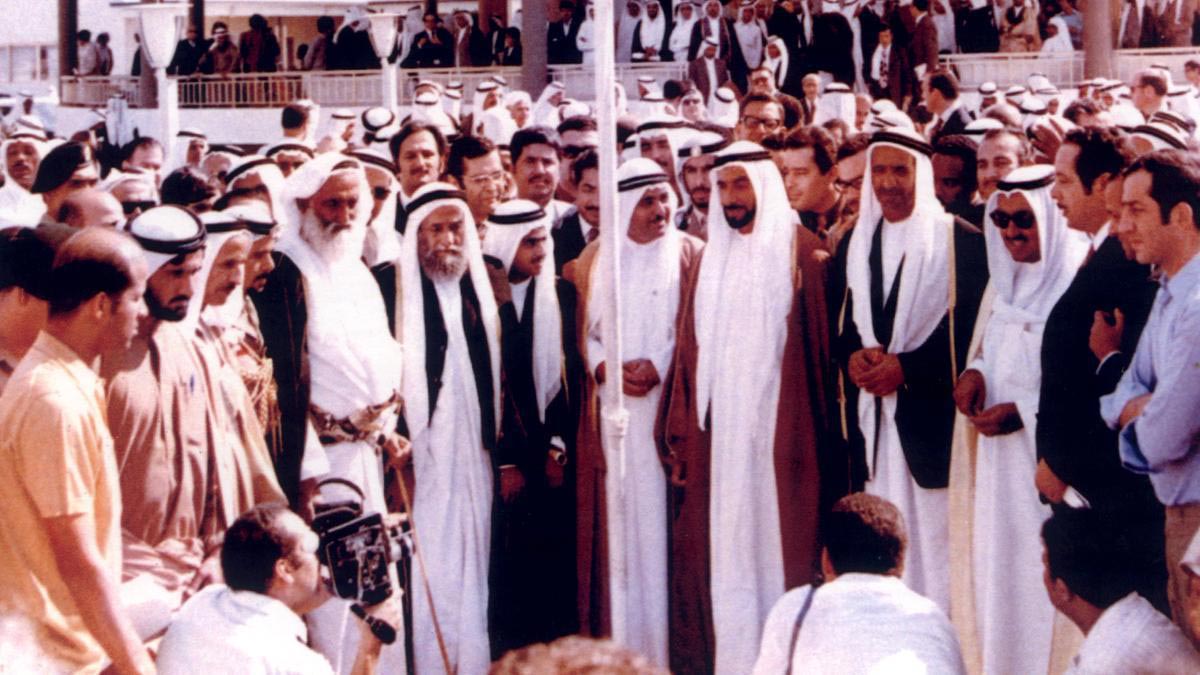
In just 30 years, Sheikh Zayed bin Sultan al-Nahyan managed to built a state that, in terms of economic development and in quality of life, has by far overtaken Europe and other states. He was indeed a just and wise ruler, so the news of his death in 2004 was perceived by many UAE citizens as a personal tragedy. Nevertheless, his vision and heritage live on, with wise rulers of the UAE doing their best to ensure growth and prosperity of The United Arab Emirates.
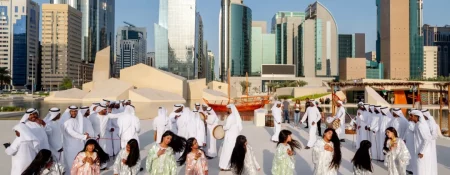

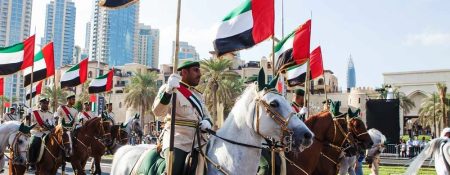

The UAE’s rich history is rooted in trade and tied to Islam. Its unique location between Europe and the Far East became the crucial factor in it's growth into the world's largest trading hubs. Throughout the ages, these lands had attracted merchants from India and China, and were prized by Europeans, in particular the Portuguese, the Dutch and the British.
After the discovery of oil and the formation of the Emirates, the wise rulers began the rapid development of the country's economy, shaping it into what it is today. Though small in size, the UAE quickly became an important player in regional and international affairs.
Although it's growth and development, UAE heritage have not been forgotten - on the contrary, is still well-respected among the nationals. History and culture of local people can be felt in the legendary hospitality of local hotels, architecture of modern skyscrapers and openness and kindness in living among the multinational community.
Here you can read various articles about UAE heritage, history and culture, and better understand, why this country's development became such a success throughout the years.